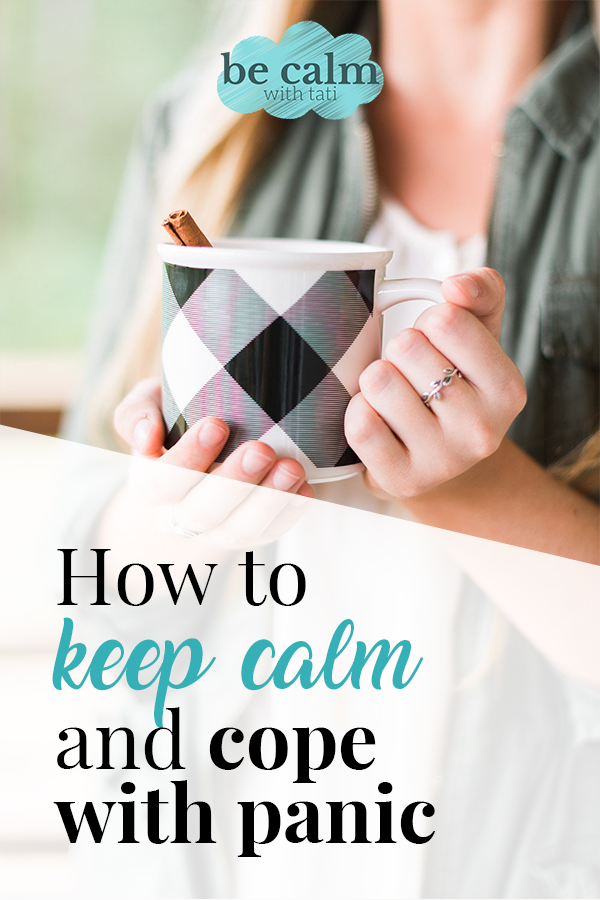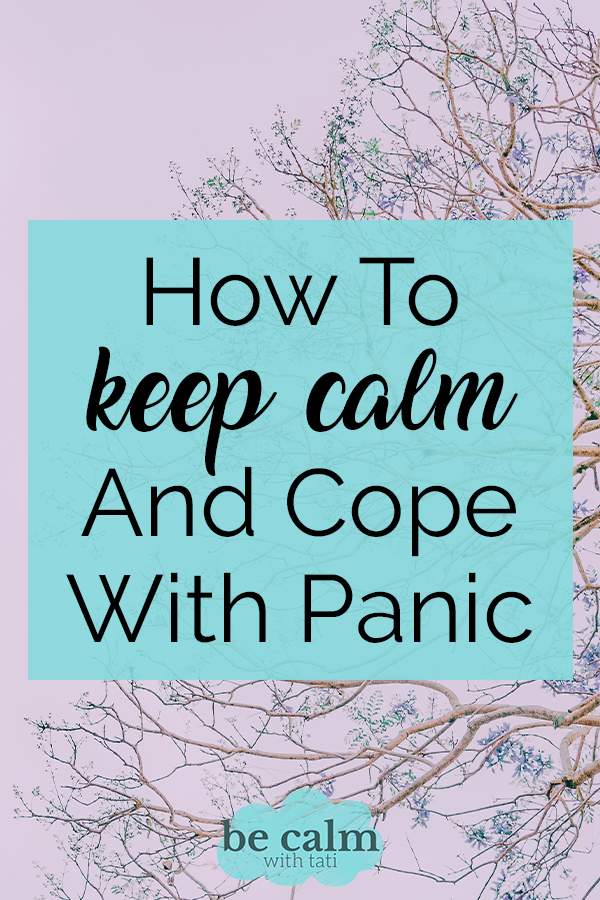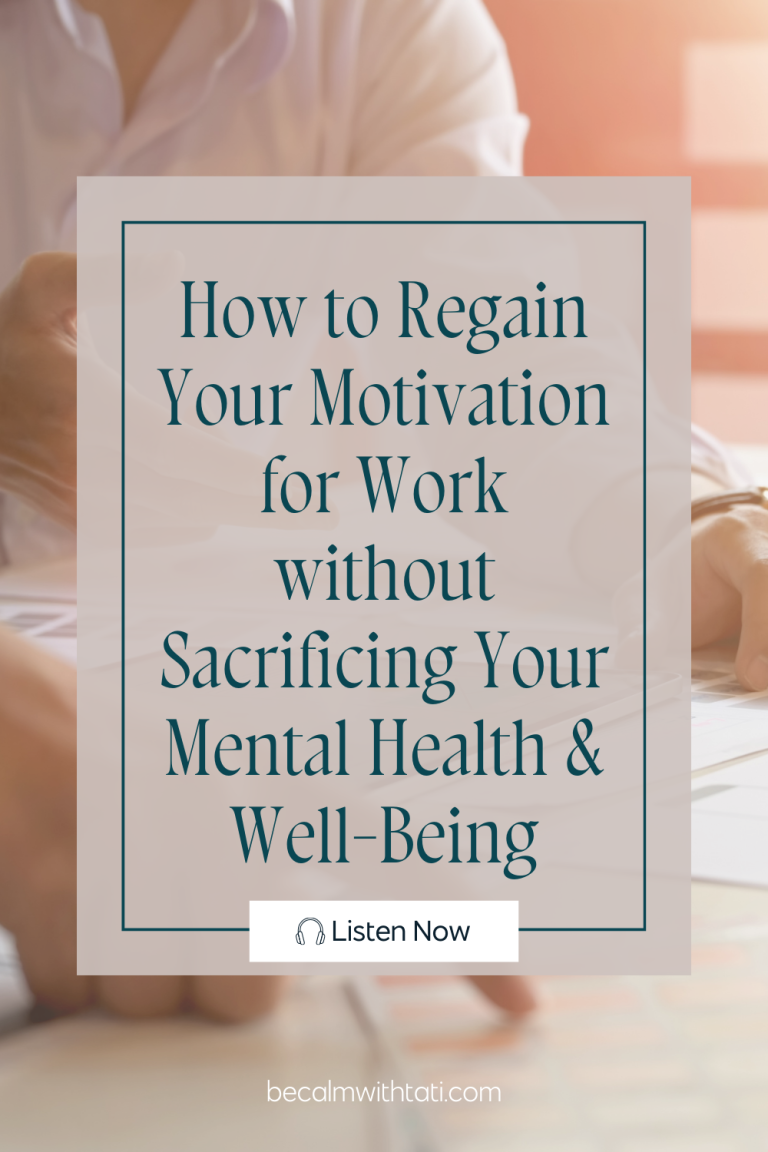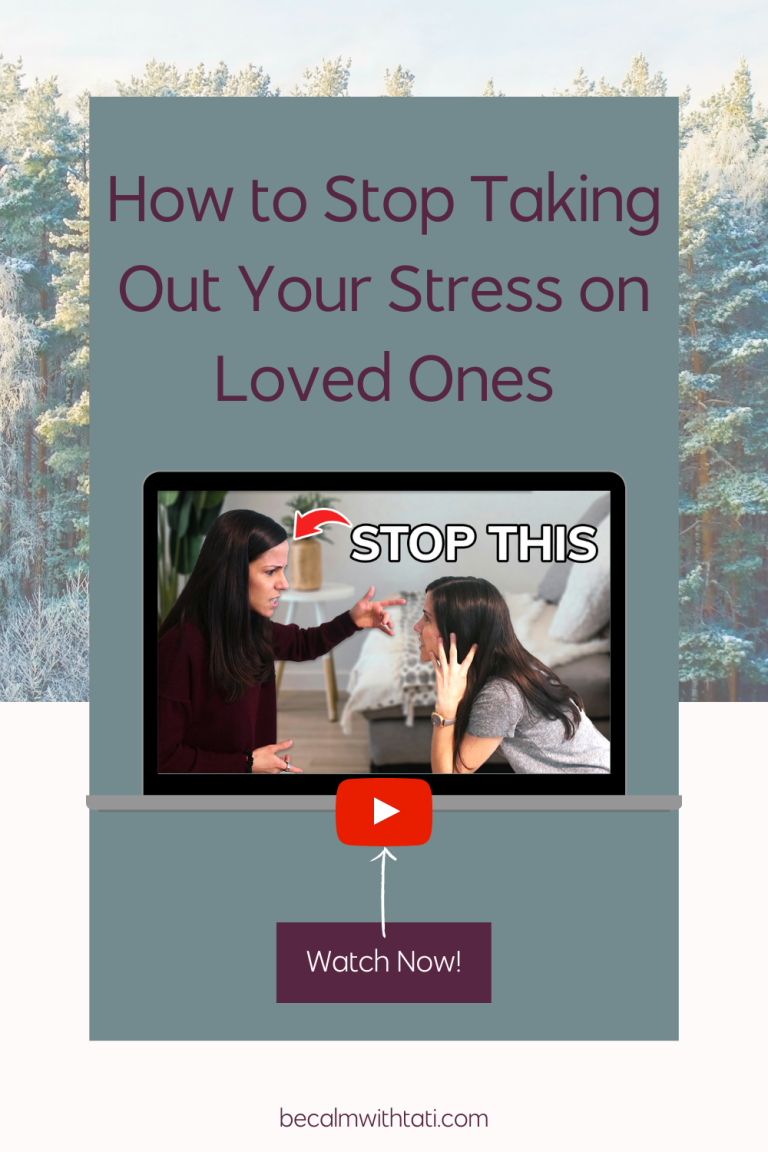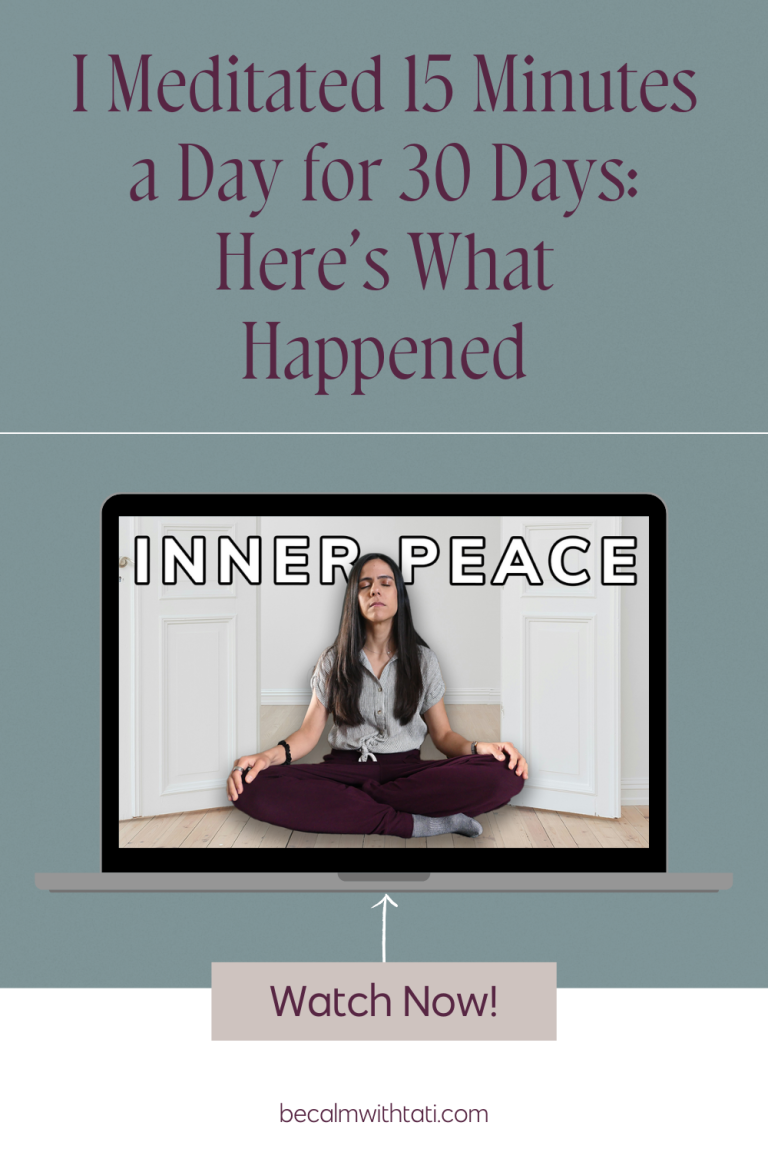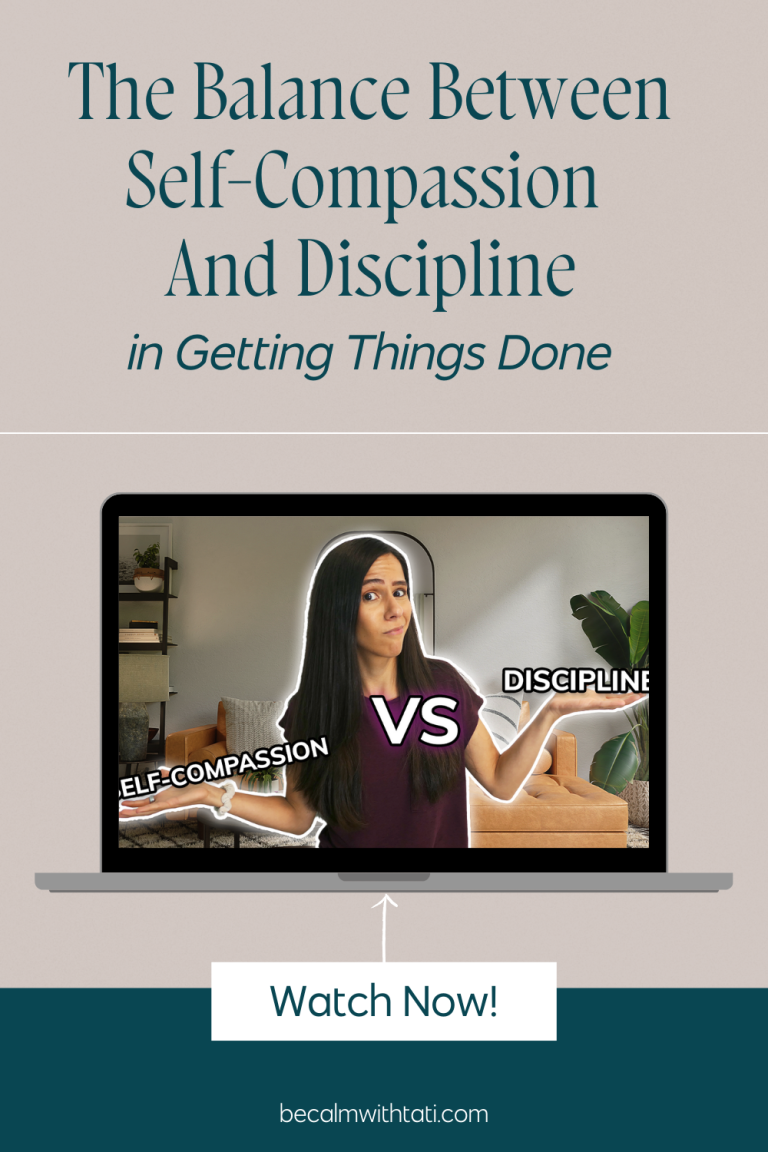Panic feels very real and very scary. It is your body on overdrive… a culmination of external circumstances and internal thoughts.
Your body is triggered into a state of fight or flight whether or not the danger is real. Your heart starts beating faster and faster, it becomes harder to breathe, your chest and throat constrict, your hands and arms feel numb, your stomach ties up in knots, you feel as if there is no escape…
This is the reality for many people right now. The external fear and loss of control created by the current uncertainty rampant in the world is creating a cause for panic.
Note: This article is not meant to diagnose any mental disorder or speak to diagnoses such as panic disorder and agoraphobia. For more information about panic disorder click here.
Panic is defined as “sudden uncontrollable fear or anxiety, often causing wildly unthinking behavior.”
Panic occurs when your brain perceives threat or danger. Your body has an automatic physiological response known as “fight or flight” which results in the body releasing adrenaline. This causes the cascade of physical reactions previously mentioned, that prepare you to fight or run away.
The problem occurs when this reaction occurs and there is no physically present danger (as in a virus that you cannot technically “fight” or escape, other than staying at home of course), and when you are unable to release that energy physically or calm your body down.
It is possible to decrease and cope with panic when you have the proper knowledge and coping skills.
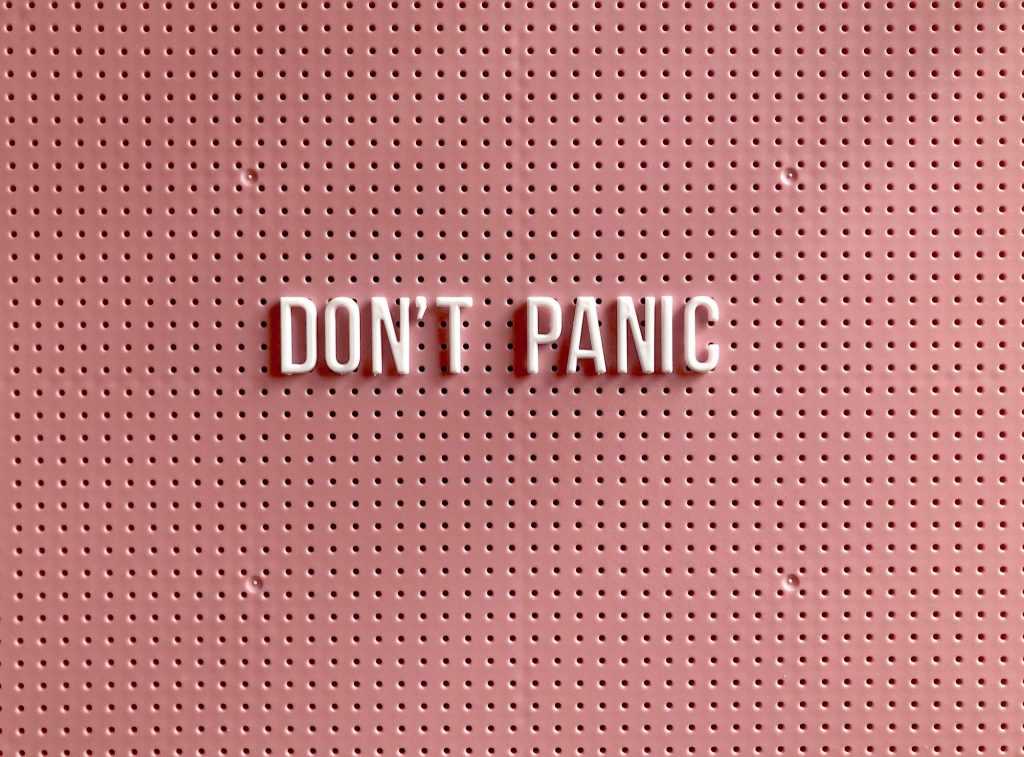
What Causes Panic?
This is what causes panic:
- You experience an external or internal trigger. This is anything that causes you to feel fearful, worried, or unsafe.
- Your body goes into fight or flight and reacts physically. You feel anxious, uncomfortable, and potentially out of control or as if you are dying if you are experiencing a severe panic attack.
- Examples: your heart beats faster, digestion slows down, breathing becomes more shallow, blood pressure increases, and your body stays on high alert.
- Your thoughts contribute to and exacerbate your fear and panic. You engage in any type of automatic negative thinking such as: expecting the worst, catastrophizing, “what if”-ing, seeing things in black and white only, or magnifying the negative.
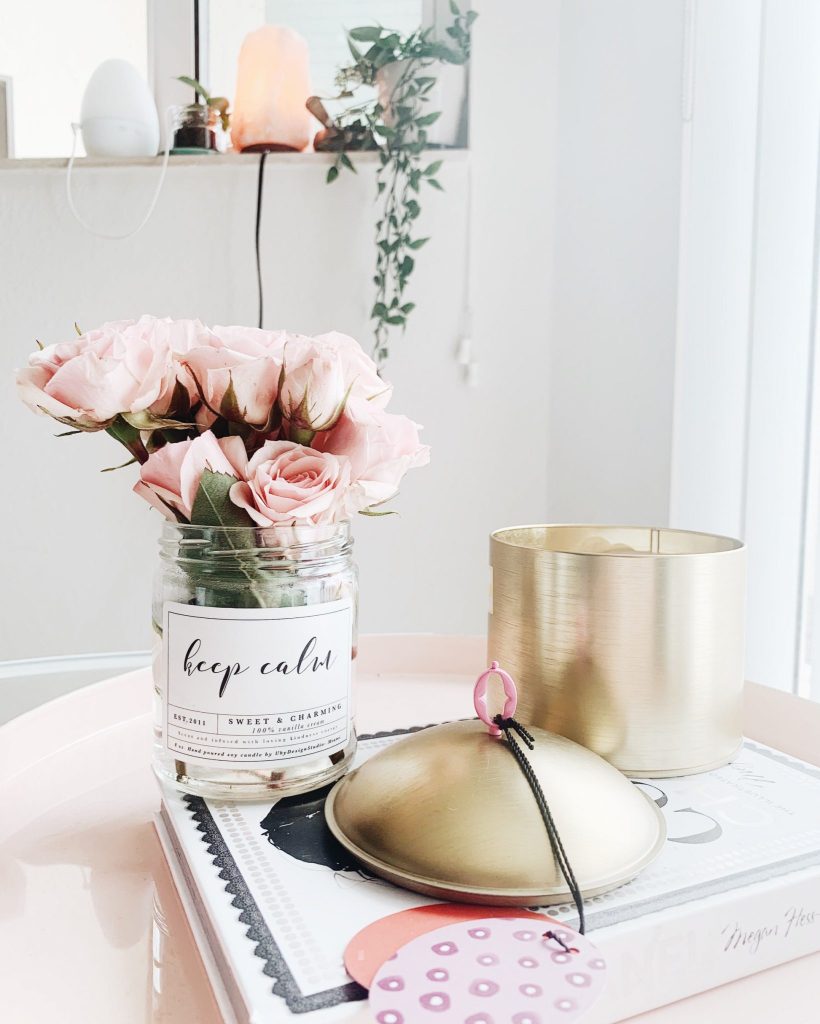
4 Steps To Cope With Panic
Once you can understand the process that leads to panic, you can learn to decrease it.
The reality is, there is never a good reason to panic. Unless you are in physical, immediate danger, panic will never help you cope. It only makes you feel worse, weakens your immune system, increases inflammation in your body, and increases stress levels.
Follow these 4 steps so you can know how to effectively cope with panic and keep calm in the face of uncertainty.

1. Identify Your Panic Triggers
What causes an increase in automatic negative thinking and anxiety for you? Some fears many people currently have are the fear of uncertainty, fear of the future, fear of financial struggle, fear of getting sick, and fear of losing loved ones.
There may be specific things that trigger these fears for you. Maybe it’s watching the news, going on social media, or talking to an anxious neighbor or family member.
Pay attention to what influences your panic, and adjust as necessary. There are some things that you can’t avoid but maybe you can be more intentional with how often you watch or read the news or scroll through social media.
2. Calm Your Body Physically
The best way to decrease panic is through the body. It’s as simple as taking deep breaths all the way into your belly. When you take these deep, restorative breaths, you are activating your body’s relaxation response. As a result, this slows down your heart rate and breathing, and helps your body get out of that panicked state.

3. Challenge Your Anxious Thoughts
Ask yourself: is this helpful? When you are worrying about the worst-case scenario, is that in any way productive, or is it just causing you to feel worse?
Unless there is something you can do to change things at this very moment, your anxious thoughts are probably not serving you. Catch yourself when you have these thoughts, and interrupt the cycle by practicing positive coping skills.
4. Seek Social Support
There is nothing that can beat the positive support of a family member, friend, or a helping professional. Have a conversation with your family in person, or reach out to a friend or therapist via video chat.
Social distancing does not mean social isolation. We are creatures of connection, and it can be incredibly reassuring to have somebody to talk to during difficult times.
Remember, we’re in this together. I know panic can be difficult and uncomfortable, but it’s only temporary. Once you arm yourself with the proper knowledge and coping skills, you can overcome anything.
